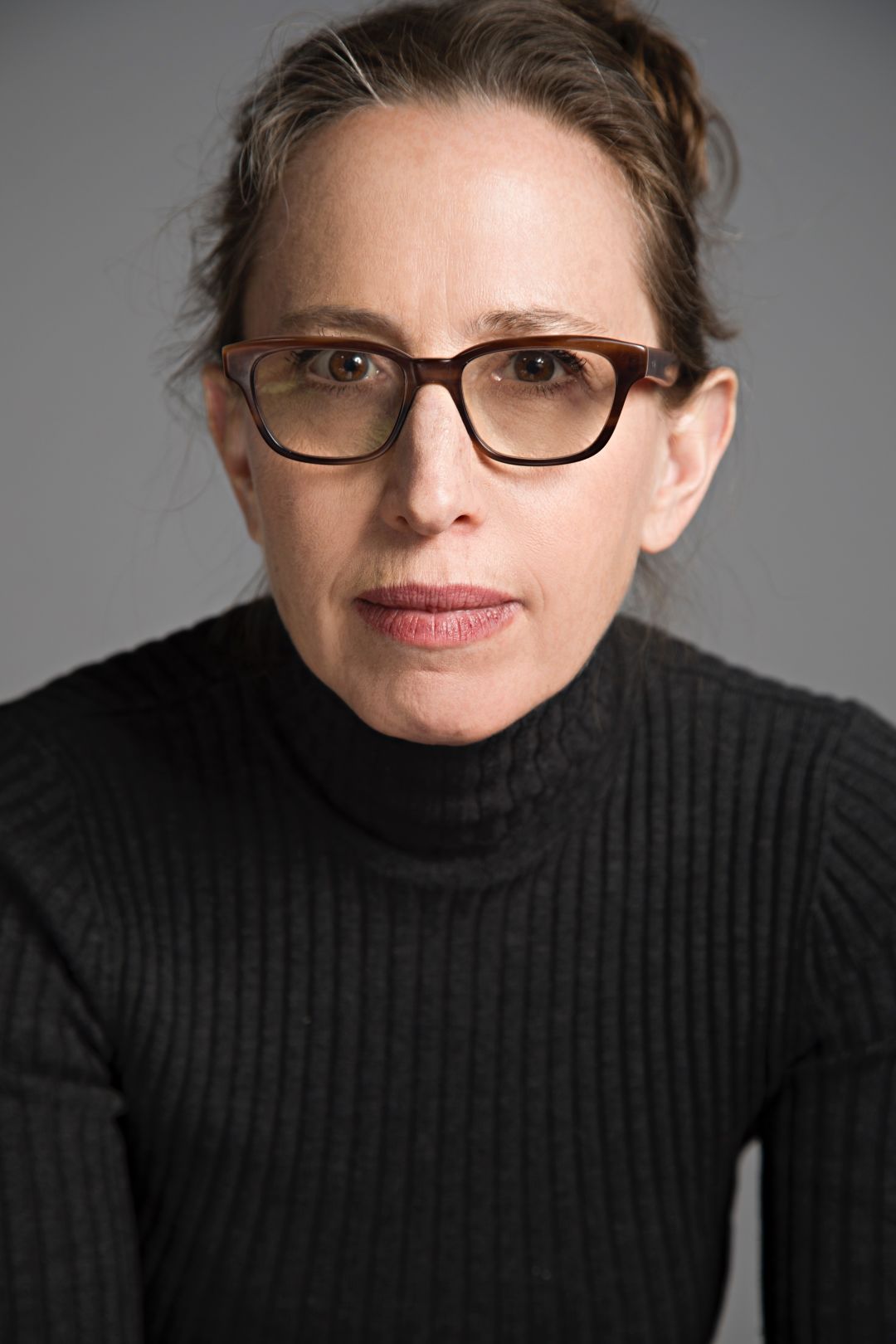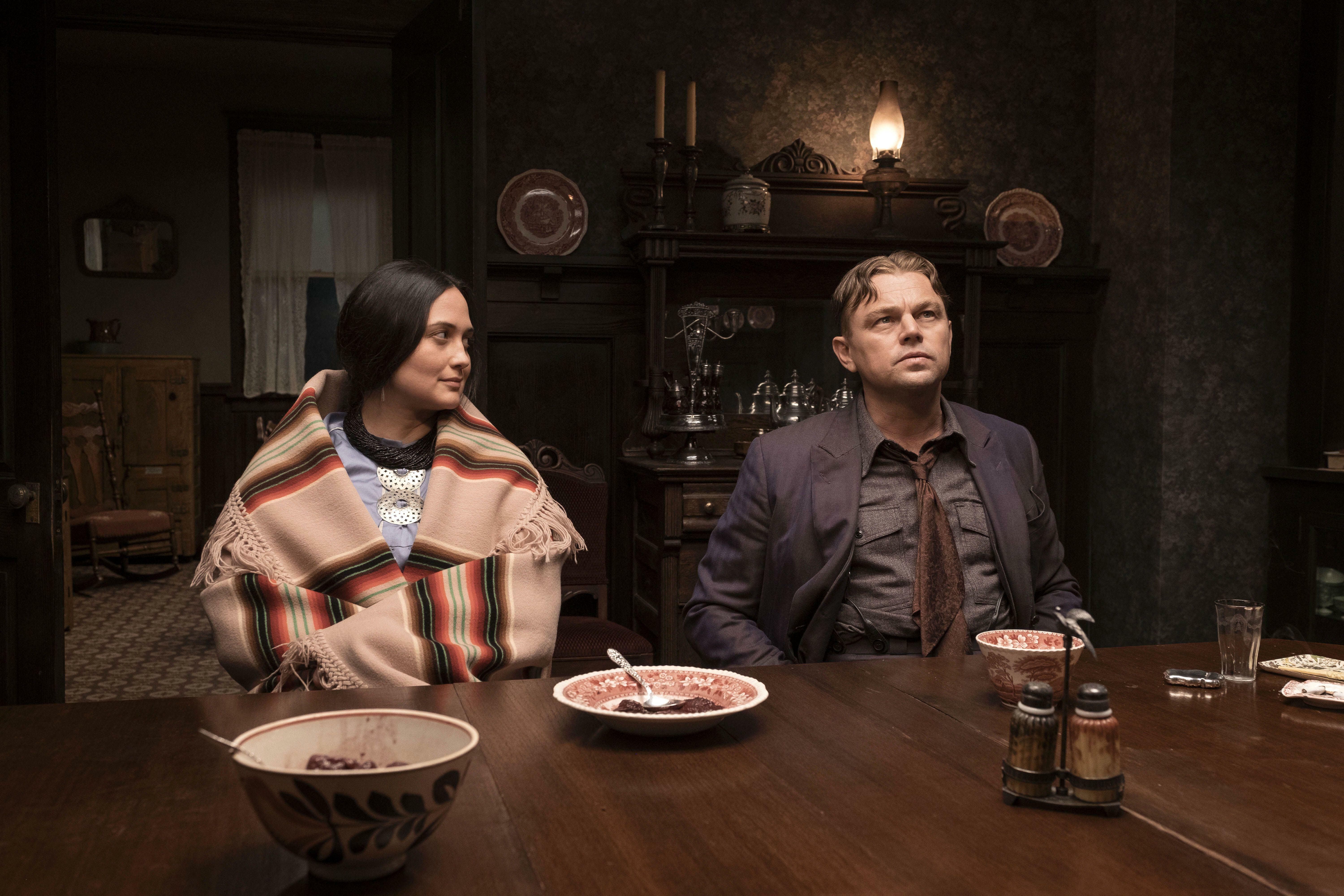Five Questions with Filmmaker and Humanitarian Caroline Baron

Caroline Baron
Image: Alberto Hidalgo
Caroline Baron has her hands full. When the Golden Globe-winning filmmaker isn't producing work such as Capote and Monsoon Wedding, she's raising two boys and working with FilmAid International, the humanitarian aid organization she founded 20 years ago, that uses film to educate displaced people around the world. She found time to speak to Sarasota Magazine about her work and the global refugee crisis. Baron will be in Sarasota next month at the 2018 PINC Conference; tickets are available now.
How did you get your start in film?
I started right out of college when I got a job working for the cult classic Toxic Avenger. It wasn’t a paid job at first, it was volunteer. They were basically looking for anybody who was breathing. Production came very naturally to me. I loved the camaraderie of people working together to create something. I just kept working after that.
What film do you recommend for someone who is just starting to get into your work?
Bel Canto! The film speaks to many things that are important to me as a person and as a filmmaker: art, beauty, humanity and love. Its themes are very reflective on what FilmAid International is about: self expression through art and music, shared humanity and creating opportunities to those who are voiceless.
What inspired you to found FilmAid International? What can you tell us about it?
People were fleeing their homes by the thousands. It was all over the news. Very similar images to what we are seeing today. I felt compelled to help I knew I had to do something.
I heard a report on NPR that said that the refugees’ basic human needs were met but that there were terrible psychological problems: boredom, fear, uncertainty. Something clicked for me. I imagined bringing films to the children and setting up temporary outdoor cinemas to create a diversion.
I knew nothing about humanitarian aid but I knew how to make things happen. I was very motivated and didn’t stop until we were on our way to Macedonia. It took six weeks from idea to execution. I had raised $60,000, less than my initial goal, and figured let’s just go and see if it works. It was clear from the beginning that FilmAid was fulfilling a vital need. Not only were we creating an opportunity for people to come together in a positive environment, but we were providing other organizations with the tools to communicate live-saving messages. We began to work with other aid groups by creating videos and projecting them to thousands of people.
After our work in Kosovo and Macedonia was complete, the United Nations High Commissioner for Refugees, asked us to bring FilmAid to Africa were there are protracted refugee crises, decades long. We have been working in Kenya since 2001. We have a full time staff in Nairobi and refugee staff in the camps that service almost 500,000 people. FilmAid’s programs have expanded to include filmmaking classes, journalism, exhibition, festivals, educational workshops, etc.
How can the arts be a way to create social change in the world?
Art transcends most barriers, cultural, language and political. It is one of the most effective ways that we can communicate with each other, and one of the ways to reveal our sameness and humanity. Art can be tremendously healing.
What is something that an individual person can do in order to help with the global refugee crisis?
The first thing is to recognize that refugees are people and the only thing that separates a refugee from you is circumstance. There are many reasons that someone may be forced to leave their home or country, violent conflict, natural disaster and political upheaval. If you can imagine yourself in a similar situation hopefully you will have the urge to help. No one person can solve the enormous problems that exist in the world. But one individual can certainly help another and that’s a lot.



